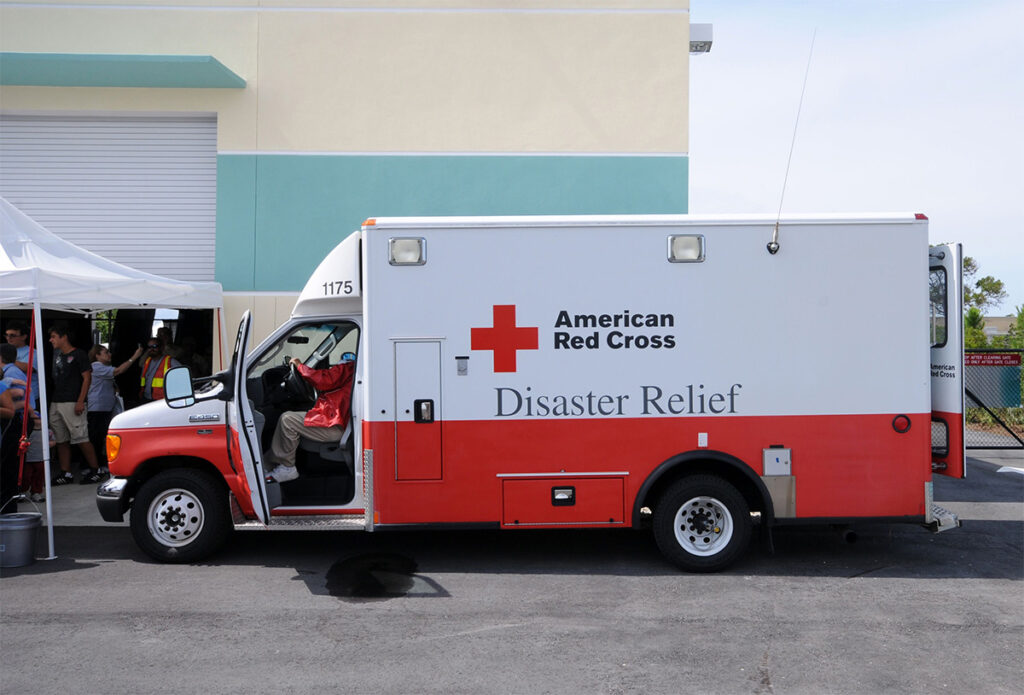Master of Science in Emergency Management
17-month online executive format
The Master of Science in Emergency Management (MSEM) program equips students with the essential knowledge, skills, and tools to effectively develop and implement both proactive and reactive strategies aimed at minimizing the impact of disasters on lives and property. Graduates of the program will be prepared to serve as effective emergency managers and leaders across public and private sectors. With a strong foundation in problem-solving, they will be capable of planning for, responding to, recovering from, and mitigating emergencies and disasters. The program follows a multidisciplinary approach, combining core courses that address issues common to all hazards with specialized topics such as public health and transportation security.
Here’s what makes this program unique:
Real-World Focus for Real-World Professionals
MMA’s Master of Science in Emergency Management (MSEM) program is designed with professionals in mind—especially those with backgrounds in the military, public safety, or emergency response. The curriculum translates your experience into advanced strategies for managing crises, disasters, and complex emergencies across sectors.
Learn by Doing
Expect more than just lectures. The program emphasizes hands-on learning—through tabletop exercises, simulations, group projects, and case studies. You’ll graduate with not only theoretical knowledge but also the practical tools to lead in high-pressure situations.
Cohort-Based, Leadership-Focused
You’ll move through the program with a small group of peers, building strong professional connections and learning from one another’s diverse backgrounds. The emphasis on collaborative learning and leadership development prepares you to step into key roles.
National Recognition
Massachusetts Maritime Academy is consistently ranked among the top colleges in the U.S., including being named a 5-Star, Top 1% College in America by Money.com. That reputation extends to its graduate programs, recognized for academic excellence and industry relevance.
Specialized and Multidisciplinary Curriculum
Beyond the core all-hazards approach, MMA’s program offers specialized courses in public health, cybersecurity, transportation security, and more—reflecting the evolving threats in the emergency management landscape.
Mission-Driven Culture
At its core, MMA prepares leaders with a strong sense of duty and service. If you’re looking to continue serving others—whether after military service, time in public safety, or a civilian career—this is the place to elevate your mission.
Why Get a Master of Science in Emergency Management
Getting a Master of Science in Emergency Management (MSEM) can be a powerful move for your career —especially if you’re transitioning from the military, are a first responder, or you are already working in public safety or security. Here’s why this degree is worth it.
Turn Experience into Leadership
- You’ve already dealt with real emergencies. This degree builds on that experience, giving you the strategic and operational skills to lead teams, direct emergency operations, and make high-level decisions.
Career Advancement
An MSEM can open doors to higher-paying, leadership roles in:
- Private or public sector (state and federal agencies, FEMA, DHS)
- Public safety organizations
- Hospitals and public health departments
- Critical infrastructure and transportation security
- Corporate risk and business continuity
Broaden Your Skill Set
You’ll gain:
- Strategic planning and risk assessment abilities
- Crisis communication and leadership techniques
- Knowledge of public health emergencies, cybersecurity, and disaster logistics
- Insight into policy, ethics, and interagency coordination
Stability & Growth
- Emergency management roles are in demand—especially with the increase in natural disasters, cyber threats, and global crises. Government and private-sector employers are actively seeking professionals with advanced training.
Would you like more information about specific career paths this degree can lead to, or details about typical program curriculum?
What kind of coursework is required?
- Lectures
- Group discussions and exercises
- Case-study analysis
- Project research
- Group and individual presentations
- Table-top, workshop and other team-building and problem-solving exercises.
- Readings from textbooks, case studies, peer-reviewed articles, professional journals, doctrinal manuals and emergency management-related hand books
- Research papers on relevant topics and course readings
- Tests and examinations
- Book and maritime journal article reviews
It is the goal of the four-credit capstone project to challenge the students to inquire into what they perceive as a problem or a process that could be improved in the field of maritime business, describe the problem or flawed process, ask a hypothetical question that will be their research road map, provide alternative solutions, and provide a detailed analysis and summary of their approach and why they chose a certain solution.

